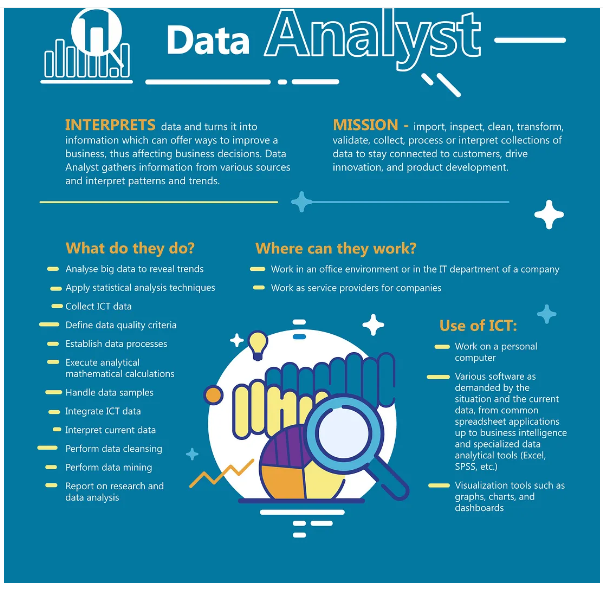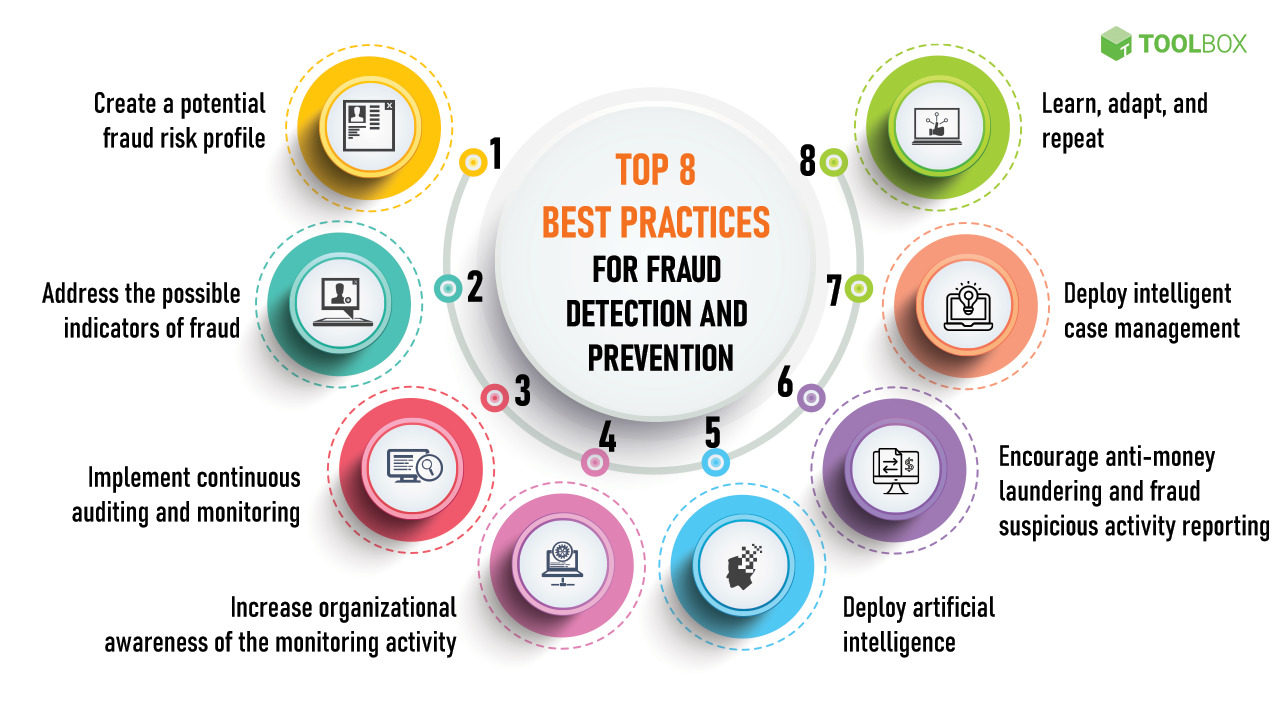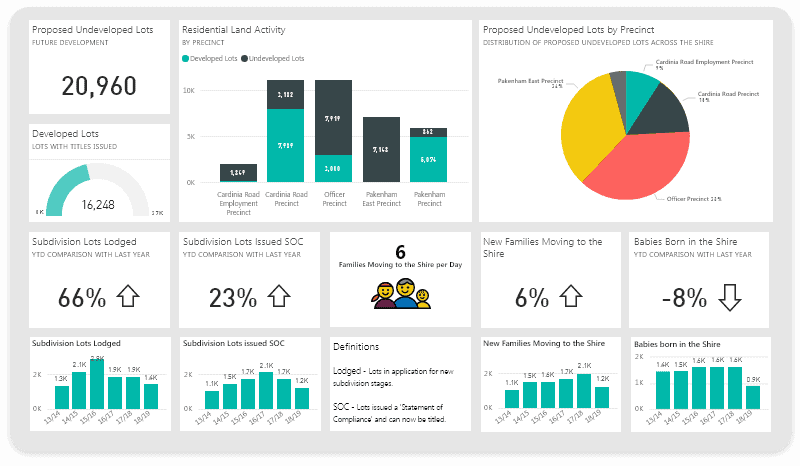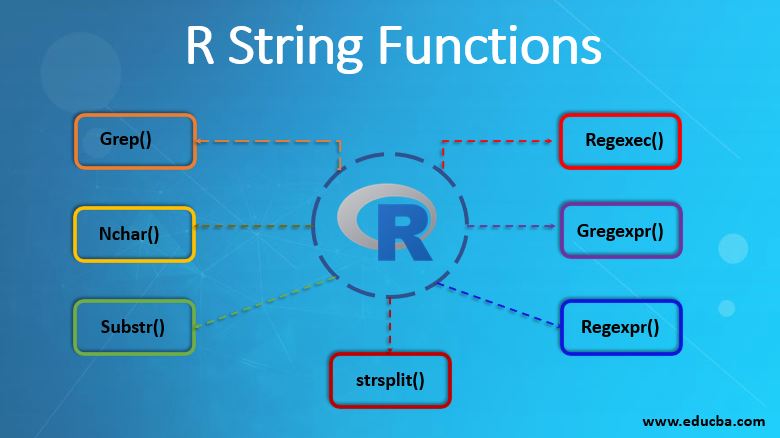
Navigate the Job Search Maze: Understanding Resumes, CVs, and Biodata
The job search can feel like a complex labyrinth, and navigating the various documents involved can add to the confusion. Three terms frequently pop up: resume, CV (Curriculum Vitae), and biodata. While they all serve the purpose of presenting yourself to potential employers, their differences are crucial. Let’s demystify these documents and empower you to choose the right one for your job hunt.
1. Length and Focus: Keeping it Concise vs. Comprehensive
- Resume: Think of your resume as a one-page (or two, max) elevator pitch. It’s concise and targeted, highlighting the most relevant skills and experiences for the specific job you’re applying for. Focus on achievements and quantifiable results to grab the employer’s attention.
- CV: In contrast, a CV is a detailed document, often spanning two to three pages or even more. It paints a comprehensive picture of your entire academic and professional journey, including research experience, publications, awards, and in-depth descriptions of your work history.
- Biodata: This term is less common and considered outdated in many regions. However, it’s still used in some countries, primarily for government or academic applications. Unlike the others, biodata often includes personal details like age, marital status, and religion, which are generally excluded from resumes and CVs due to anti-discrimination practices.
2. Content and Emphasis: Highlighting Skills vs. Unveiling Your Full Journey
- Resume and CV: Both documents focus on showcasing your professional qualifications that make you a strong candidate for the specific job. They typically include sections like education, work experience, skills, and achievements, but the level of detail differs.
- Biodata: While biodata may share some professional information similar to a resume, it emphasizes personal details that are not relevant to most job applications and might even be discriminatory.
3. Purpose and Application: Choosing the Right Tool for the Job
- Resume: This is your go-to document for most private sector jobs. Tailor it for each position, highlighting the skills and experiences that align with the job description.
- CV: CVs are more suited for academic, research, and specific government positions. They showcase your entire professional and academic journey, allowing for a broader evaluation of your potential.
- Biodata: Biodata usage is mainly regional. While it might be required for government or academic applications in certain countries, it’s generally not recommended for most job applications due to the inclusion of personal details not relevant to the job.
Remember: When applying for a job, always carefully review the application instructions to see which document is requested. If unsure, it’s always best to submit a resume, unless explicitly asked for a CV or biodata.
By understanding the distinct features of each document, you can choose the right one to confidently navigate the job search and land your dream career!


































































































